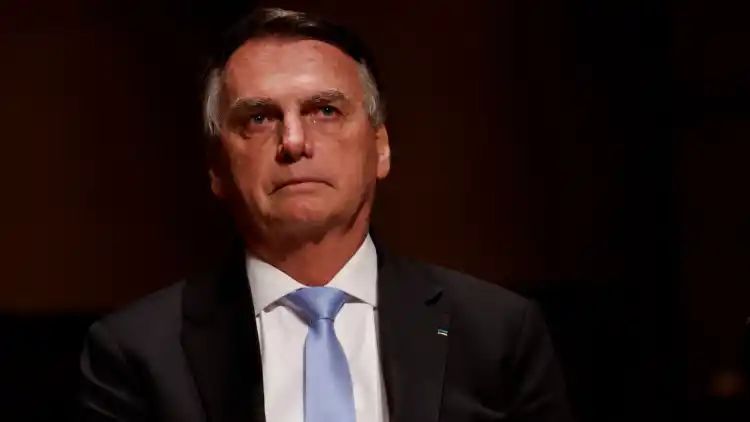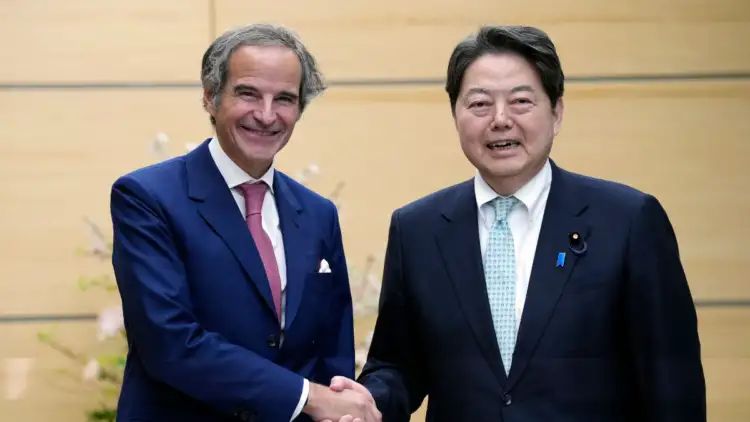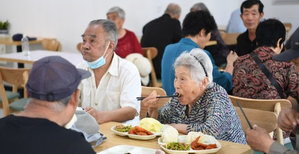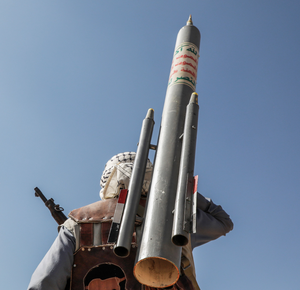Hindus in Peril: Political Instability and Rising Extremism in Bangladesh
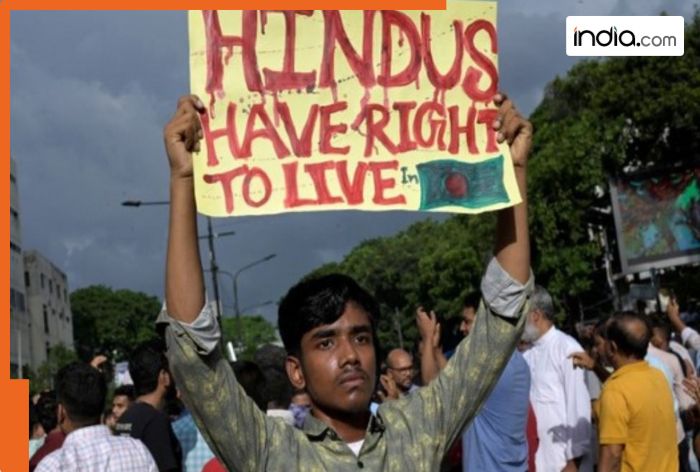
Bangladesh’s political situation has become unstable following the removal of former Prime Minister Sheikh Hasina on August 5. The turmoil has reportedly led to extremist groups targeting minority communities, creating a serious crisis. This has raised widespread concerns and calls for ensuring the safety and rights of religious minorities in Bangladesh.
Flag Controversy and Beyond: The Rising Challenges for ISKCON in Bangladesh
The International Society for Krishna Consciousness (ISKCON) has faced significant attention after the arrest of Chinmoy Krishna Das, a former leader of the organization, for allegedly insulting Bangladesh’s national flag. His arrest in Dhaka on November 25 led to unrest, with Hindu devotees clashing with security forces, adding to the tensions.
ISKCON leaders have clarified that the organization is not connected to Das’ actions but have emphasized their support for his right to peacefully speak out for minority rights. Although his bail request has been denied, Das is set to appear in Bangladesh’s highest court. This development is being closely monitored by people in Bangladesh and officials in India.
ISKCON’s spokesperson, Radharamn Das, revealed that 63 monks were stopped from entering India, even though they had valid visas, adding to the growing tensions. Reports suggest that there have been over 200 attacks on Hindus since August. Additionally, Bangladesh authorities have frozen the bank accounts of ISKCON-related organizations, further escalating the situation.
Protecting Minority Rights: A Call for Action in Bangladesh
Minority communities in Bangladesh, led by organizations like the Sammilita Sanatani Jagran Jote, have outlined eight key demands for the government. These requests aim to protect their rights and promote religious harmony. Here’s a simplified explanation of their demands:
● Special Tribunal for Religious Persecution: They want a dedicated tribunal to ensure faster justice for victims of religious violence or discrimination.
● Minority Protection Law: A new law is needed to safeguard the rights and interests of minority communities.
● Ministry for Minority Affairs: They are calling for a separate government ministry to address issues and policies concerning minorities.
● Recovery of Temple Properties: Steps should be taken to retrieve and restore properties belonging to temples that have been encroached upon or taken away.
● Prayer Rooms in Schools: They suggest that schools and colleges should provide prayer rooms to allow students of all religions to practice their faith peacefully.
● Action Against Religious Violence: Strict measures should be implemented to prevent violence or attacks targeting minorities.
● Inclusion in Decision-Making: Minority leaders should be actively involved in policymaking to ensure their voices are heard.
● Awareness Campaigns for Harmony: Programs should be introduced to promote interfaith understanding and coexistence.
These demands focus on creating a more inclusive and fair environment for all religious communities in Bangladesh.
India Raises Concerns, Bangladesh Defends Stance on Minority Issues
India has voiced serious concern about the ongoing violence and the arrest of Hindu leaders. The Ministry of External Affairs (MEA) has called the arrest of Das “regrettable” and stressed the importance of ensuring a trial that is both fair and transparent.
India has called on Bangladesh to safeguard the rights of minority communities and take action against extremist statements. In response, Bangladesh has disagreed with India’s remarks, stating that they do not reflect the real situation and could harm the friendly relationship between the two countries.
A Call for Justice: Human Rights Concerns in Bangladesh
Human rights organizations have claimed that minority groups in Bangladesh, including Hindus, Buddhists, and Christians, often face violence and discrimination. As per the 2022 report by the Bangladesh Bureau of Statistics, Muslims make up 91% of the country’s population, while all minority communities together account for less than 9%.
Indigenous communities such as the Chakma and Marma have also faced neglect and discrimination. Human rights activists argue that Bangladesh’s laws do not effectively provide justice for minorities who face persecution. They emphasize the need for significant changes in the legal system to address these issues.
